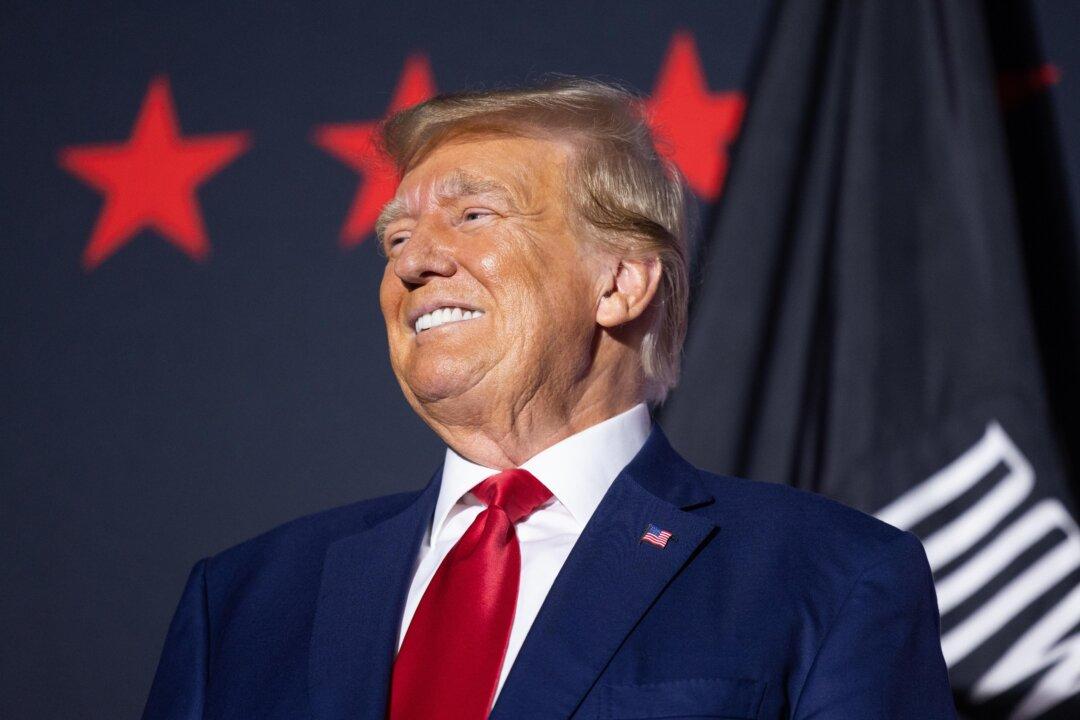Former President Donald Trump on Oct. 5 asked a federal judge to throw out election interference charges against him in Washington, D.C.
Lawyers for President Trump alleged in a filing that he is “absolutely immune from prosecution.”

Former President Donald Trump on Oct. 5 asked a federal judge to throw out election interference charges against him in Washington, D.C.